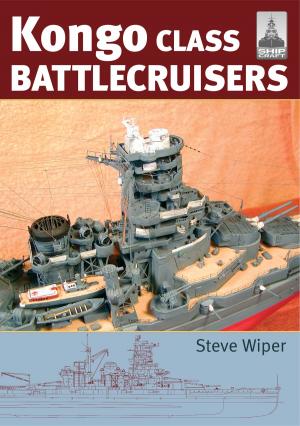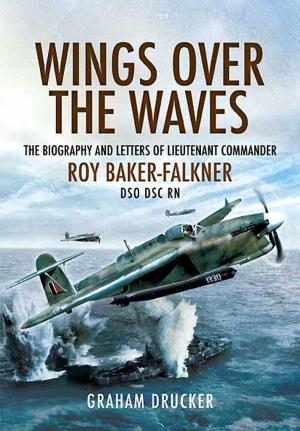| Author: | Norman Friedman | ISBN: | 9781473816664 |
| Publisher: | Pen and Sword | Publication: | December 12, 2011 |
| Imprint: | Seaforth Publishing | Language: | English |
| Author: | Norman Friedman |
| ISBN: | 9781473816664 |
| Publisher: | Pen and Sword |
| Publication: | December 12, 2011 |
| Imprint: | Seaforth Publishing |
| Language: | English |
Although the Great War might be regarded as the heyday of the big-gun at sea, it also saw the maturing of underwater weapons – the mine and torpedo – as well as the first signs of the future potency of air power. Between 1914 and 1918 weapons development was both rapid and complex, so this book has two functions: on the one hand it details all the guns, torpedoes, mines, aerial bombs and anti-submarine systems employed during that period; but it also seeks to explain the background to their evolution – how the weapons were perceived at the time and how they were actually used. This involves a discussion of tactics and emphasises the key ‘enabling’ technology of fire control and gun mountings. In this respect the book treats the war as a transition from naval weapons which were essentially experimental at its outbreak to a state where they pointed directly to what would be used in World War Two.
Based largely on original research, this sophisticated book is more than a catalogue of the weapons, offering insight into some of the most important technical and operational factors influencing the war at sea. In this respect it is more broadly significant than its title might suggest.
Although the Great War might be regarded as the heyday of the big-gun at sea, it also saw the maturing of underwater weapons – the mine and torpedo – as well as the first signs of the future potency of air power. Between 1914 and 1918 weapons development was both rapid and complex, so this book has two functions: on the one hand it details all the guns, torpedoes, mines, aerial bombs and anti-submarine systems employed during that period; but it also seeks to explain the background to their evolution – how the weapons were perceived at the time and how they were actually used. This involves a discussion of tactics and emphasises the key ‘enabling’ technology of fire control and gun mountings. In this respect the book treats the war as a transition from naval weapons which were essentially experimental at its outbreak to a state where they pointed directly to what would be used in World War Two.
Based largely on original research, this sophisticated book is more than a catalogue of the weapons, offering insight into some of the most important technical and operational factors influencing the war at sea. In this respect it is more broadly significant than its title might suggest.















